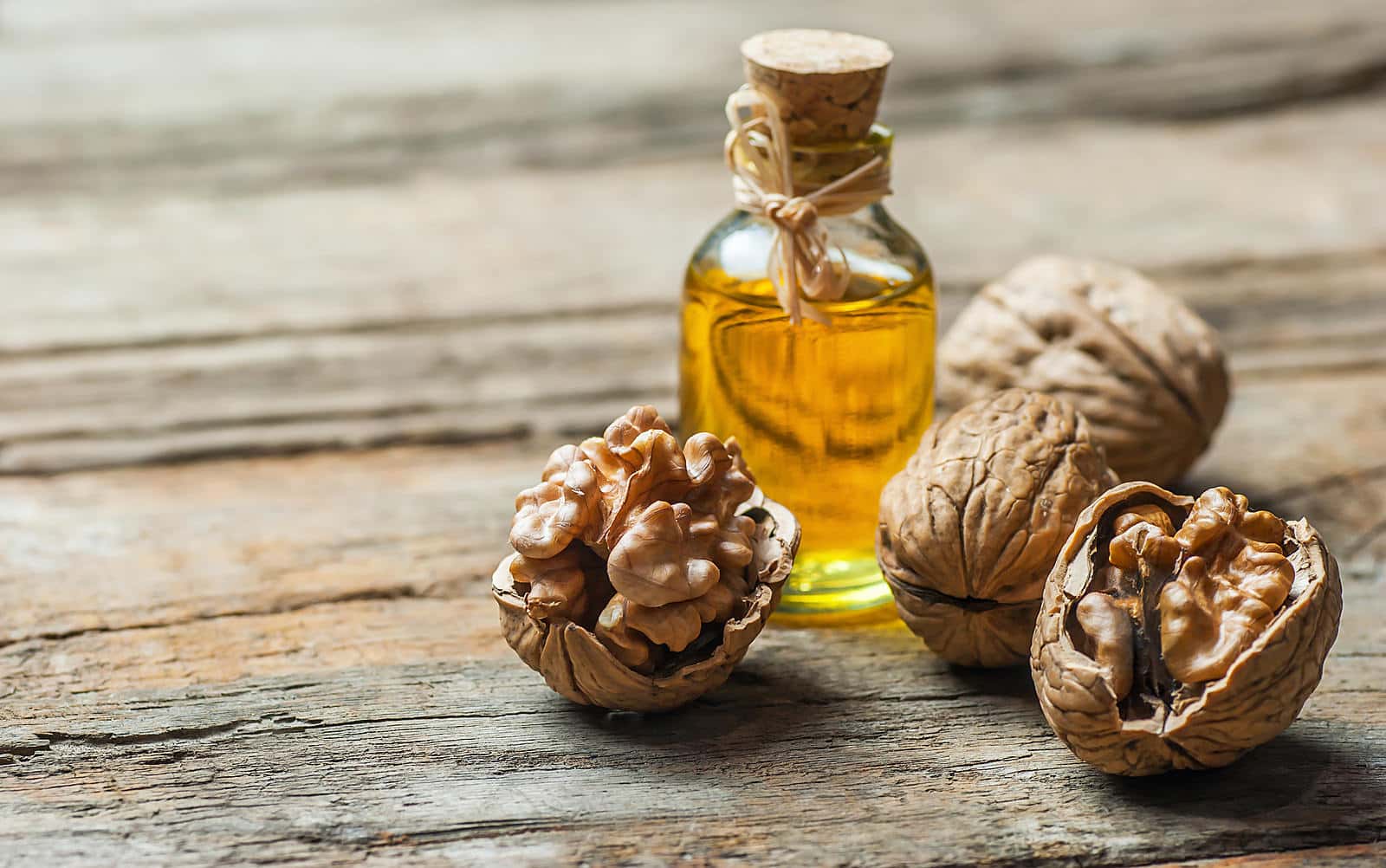
There was a time when nuts of any kind were considered unhealthy for the heart. That’s because they contain quite a lot of fat. Research over the last few decades, however, suggests that the polyunsaturated fat in nuts is actually good for the heart, and walnuts top the list.
Measuring a Moderate Quantity of Walnuts:
Q. You’ve written about the value of eating walnuts to lower inflammation. It’s hard to know how much of something you are recommending when you use phrases like “incorporating moderate quantities of walnuts” or “1 to 2 ounces of walnuts a day.” I’d bet many of us don’t have a way to measure ounces and everyone’s interpretation of “moderate quantities” could be different. Can’t you ever just give us a number of nuts per day?
A. Walnuts don’t come in a perfectly standard size. We found on the trade website, walnuts.org, that ¼ cup of walnuts is approximately one ounce. That amounts to between 12 and 14 halves. If you buy walnut pieces, as we often do, the quarter-cup measure might be the easiest.
How Walnuts Fight Inflammation:
A review of these nutritious nuts points out that they have more than healthy fats going for them (Critical Reviews in Food Science and Nutrition, Nov. 2, 2017). In addition, they provide lots of polyphenols. These plant compounds exercise antioxidant and anti-inflammatory activities.
Better Snacks:
A handful of nuts reduces inflammation that can be triggered by free radicals and oxidative stress. If people relied on a few of them for a snack rather than candy or cookies, they would be getting protein, fiber, phytonutrients and heart-healthy omega-3 fats rather than empty calories. In fact, an Australian study of weight loss found that people including these nuts as part of their regular menu lost weight and ate a healthier diet overall (Food & Nutrition Research, July 3, 2017).
Citations
- Sánchez-González C et al, "Health benefits of walnut polyphenols: An exploration beyond their lipid profile." Critical Reviews in Food Science and Nutrition, Nov. 2, 2017. DOI: 10.1080/10408398.2015.1126218
- Neale EP et al, "Impact of providing walnut samples in a lifestyle intervention for weight loss: a secondary analysis of the HealthTrack trial." Food & Nutrition Research, July 3, 2017. DOI: 10.1080/16546628.2017.1344522

